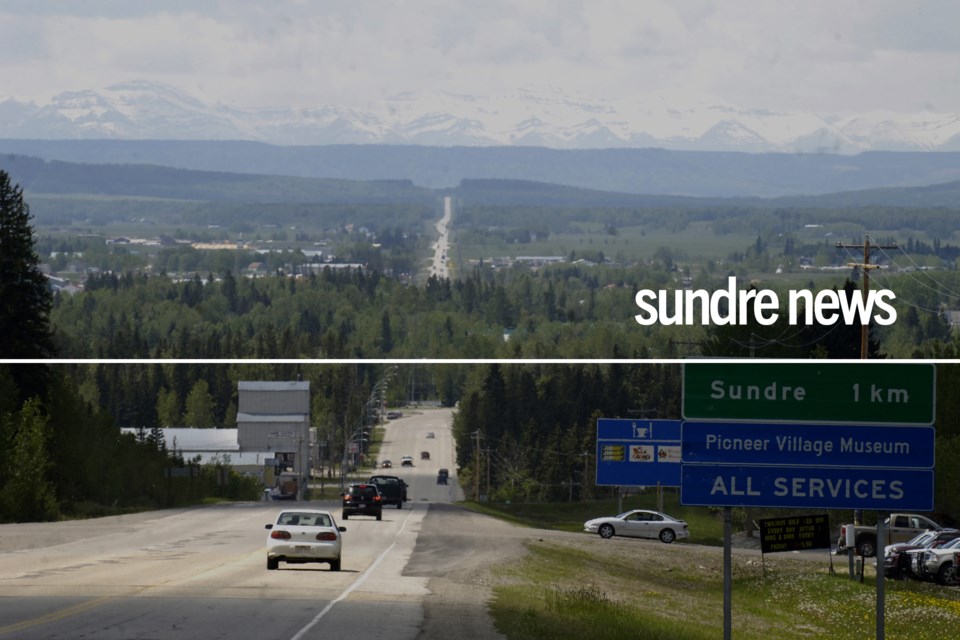SUNDRE — The municipality's director of corporate services is confident that Sundre, for the short term at least, is in a good fiscal position to weather the worst of the COVID-19 pandemic.
“We’re in a very good situation thanks to decisions that not only this council and administration has made, but previous councils and administrations, in that we do have some significant cash resources that we can fall back on that will tide us over until the cash flows get back to normal,” said Chris Albert.
Unlike the provincial and federal governments, municipalities by law cannot adopt deficit budgets.
Meanwhile, closures of recreational facilities owned by the town, coupled with some non-profit organizations’ requests to waive rental costs, translate to lost revenue. There's also mounting financial pressures that pre-date the pandemic, such as the province’s new police funding formula that for Sundre will over the coming years amount to tens of thousands of dollars not previously included in the budget.
But so far, Sundre stands in good shape, said Albert.
“We haven’t seen anything, yet,” he said. “Right now, we’re not looking at any sort of shortfall.”
The municipality is already used to operating the first half of the year only with money that’s already in the bank, with the majority of funds coming later in the year when tax payments are due, he said.
“Even before any of this started, our goal is to not waste money. We try to run pretty lean as it is. With that being said, departments have been asked to look at their budgets, look at the spending, and prioritize what we can.”
Meanwhile, he said that even with residents spending more time at home, the municipality has not yet experienced any substantial increased consumption of utilities such as water and gas, which generate revenue. However, he added there’s been just one billing cycle since the start of the pandemic, which only included about a week of the shutdown.
But although there is not enough data to estimate what effect there will be on the budget's bottom line, Albert does not anticipate a significant impact.
Any increased residential consumption of utilities will likely be offset by a reduction from the commercial sector, he said.
“Having the restaurants in town closed down or only offering delivery services, they’re consuming a lot less utilities. Right now, we don’t have enough information to make that guess, but I don’t see it as being an increase in consumption.”
And with the weather finally warming up and the days lasting longer, gas and electricity aren’t going to be in as high of demand. Granted, people who are working from home will be using their laptops more, but Albert is doubtful that will result in a big jump that has an impact on revenues.
“At least not right now. We’re not seeing anything to indicate that,” he said.
Of course the situation changes daily, and in the face of such uncertainty, the municipality has not yet set its mill rate, he said.
“That’s going to be in the coming weeks as council has some discussions about maybe where we want to trim in order to bring that mill rate down to whatever we can,” he said.
“We want to make sure that we have the best and most up to date information.”
Administrative staff, who continue working from the municipal office, are reviewing information as it becomes available, and whether any substantial shortfalls materialize “really depends on what kind of length of time we’re looking at,” he said.
“We can utilize other funds (restricted surplus accounts) in the short term to mitigate those delayed cash flows coming in,” he said.
“For the most part, we’re in a good place financially…we’re adjusting to everything that is thrown at us.”



